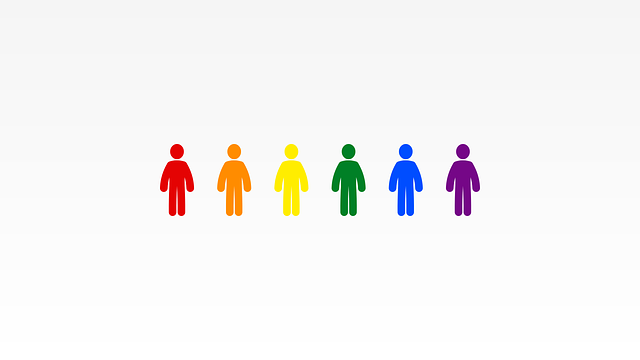Child support is a legal obligation where parents contribute financially to their child's needs, including food, clothing, shelter, healthcare, and education, determined by state laws considering each parent's income and time spent with the child. It ensures both parents share responsibility for their child's well-being post-parental separation or divorce. Understanding legal support obligations is crucial for parents to provide stability and meet their children's best interests, fostering a collaborative co-parenting relationship through effective navigation of legal support for parents.
Understanding child support obligations and rights is a crucial aspect of responsible parenthood. This comprehensive guide explores the nuanced world of child support, focusing on both legal obligations and inherent rights. We delve into how child support is defined and its legal basis, distinguishing between parental duties and entitlements. Additionally, we navigate complex calculations, highlighting factors and state-specific variations. The article also offers insights into legal protections, resources, and strategies for parents, ensuring fair enforcement and modification of child support agreements. Discover the importance of informed decisions regarding your parental rights and access to legal support.
- Child Support: A Legal Obligation vs. Right
- – Defining child support and its legal basis
- – Distinguishing obligations from rights for parents involved
Child Support: A Legal Obligation vs. Right

Child support is often seen as solely a right for the child, but it’s also a legal obligation for both parents. Legally, it’s a financial contribution from one parent to another, typically paid by the non-custodial parent to the custodial parent, ensuring the child’s basic needs are met. This includes expenses like food, clothing, shelter, healthcare, and education. The amount is usually determined by state laws and factors such as each parent’s income, the time spent with the child, and the specific needs of the child.
While it’s a legal obligation, child support also represents a parental responsibility. It’s about ensuring that both parents contribute to their child’s well-being, providing them with the resources needed to thrive. For many families, this arrangement offers stability and peace of mind, knowing that everyone is playing their part in supporting the child’s growth and development. Understanding these dynamics is crucial for navigating legal support for parents effectively.
– Defining child support and its legal basis

Child support is a financial obligation that plays a crucial role in ensuring the well-being and stability of children after their parents’ separation or divorce. It is legally mandated payment made by one parent to another, primarily to cover the costs associated with raising a child, including basic necessities like food, clothing, shelter, and healthcare. The legal basis for child support rests firmly on the principle of the best interest of the child, as outlined in various family laws across jurisdictions. These laws recognize that both parents have a responsibility to contribute to their child’s upbringing, even if they are no longer in a relationship together.
The determination of child support obligations is typically handled by courts or relevant governmental agencies, which consider factors such as the financial resources of each parent, the time each parent spends with the child, and the specific needs of the child. This process aims to establish a fair and reasonable level of support that allows children to maintain a decent standard of living while also respecting the rights and resources of both parents. In today’s world, understanding one’s legal support for parents is essential for ensuring a stable future for their children.
– Distinguishing obligations from rights for parents involved

For parents involved in child support arrangements, understanding one’s obligations and rights is crucial to ensuring a healthy and stable environment for their children. While both concepts are integral to parental responsibility, they serve distinct purposes. Obligations refer to the duties and responsibilities that each parent owes their child and the other parent, as outlined by the law. These can include financial contributions, such as regular payments for maintenance and well-being, healthcare coverage, and other related expenses.
Rights, on the other hand, grant parents certain privileges and protections. This includes the right to access information about their child’s welfare, participation in significant decisions affecting their offspring, and the ability to maintain a relationship with their child. Legal support for parents can assist in navigating these complexities, ensuring that rights are protected and obligations are met, fostering a collaborative and healthy co-parenting dynamic.






